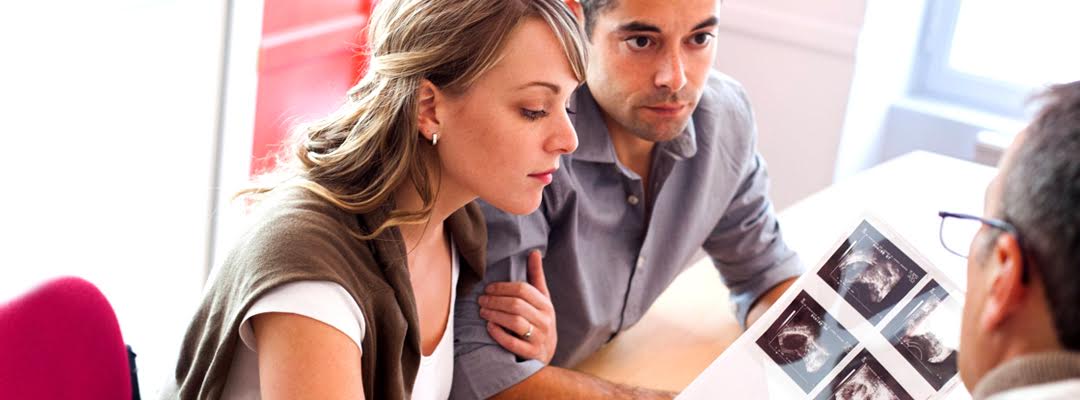How IVF help couples become a parent?

In-vitro fertilization or IVF in India is a method of assisted reproductive technology (ART), which involves the intended parent’s reproductive gametes – male sperm and female egg unlike other fertility treatments.
Who needs IVF?
A couple may undergo an IVF treatment if they experience following conditions:
Females:
- Blocked Fallopian Tubes
- PCOS
- Endometriosis
- Uterine Fibroids
- Age-related Infertility
- Premature Ovarian Failure
Males:
- Low sperm count, motility and morphology
- Sexual or erectile dysfunction
- Risks of genetic defects
- Damaged male reproductive system
- Presence of varicoceles
Other factors:
- Unexplained Infertility
- Risks of genetic defects
The procedure of IVF involves a sequence of steps that are outlined at the stage of consultation or initial stages of IVF treatment in India.
Generally, IVF clinics in India follow the below protocols during an IVF treatment:
Ovarian Stimulation:
The patients are given stimulants and medications that stimulate the ovaries and trigger the production of ample amount of eggs. If the intended female parent has a healthy ovarian reserve then fertility medications are not required to stimulate her ovaries. Rather, eggs are naturally collected from.
Egg aspiration:
The intended female parent’s ovaries are stimulated via fertility drugs to achieve maximum eggs. Once the ovaries produce sufficient quantity of eggs, the infertility specialist will evaluate them further to determine the health of eggs. Thereafter, these eggs are stored in a specialized culture medium that is similar to that of the body.
Retrieval of sperms:
Sperms produced by the testicles are obtained from the male patient, which are collected few hours prior to fertilization process. After extraction of sperms, the sperms are kept under an environment that mimics the conditions of the patient’s internal body.
Formation of Embryo
This is the stage where the female eggs and the male sperms are fused together to develop multiple embryos. The resultant embryos may require Pre-implantation Genetic Diagnosis (PGD) if the intended parents are diagnosed with genetic defects or chromosomal abnormalities.
Blastocyst and Transfer
These embryos are determined on the basis of quality, strength and viability to deliver a successful pregnancy. Embryo culturing is done in conjunction with blastocyst transfer, before transporting it in the intended mother’s uterus. Only the strongest and healthiest embryos are put in the mother’s uterus.
Get world class Infertility Treatment at the most affordable prices with high Success Rates. Consult Us now by submitting your queries in the section mentioned below or write us at [email protected]
